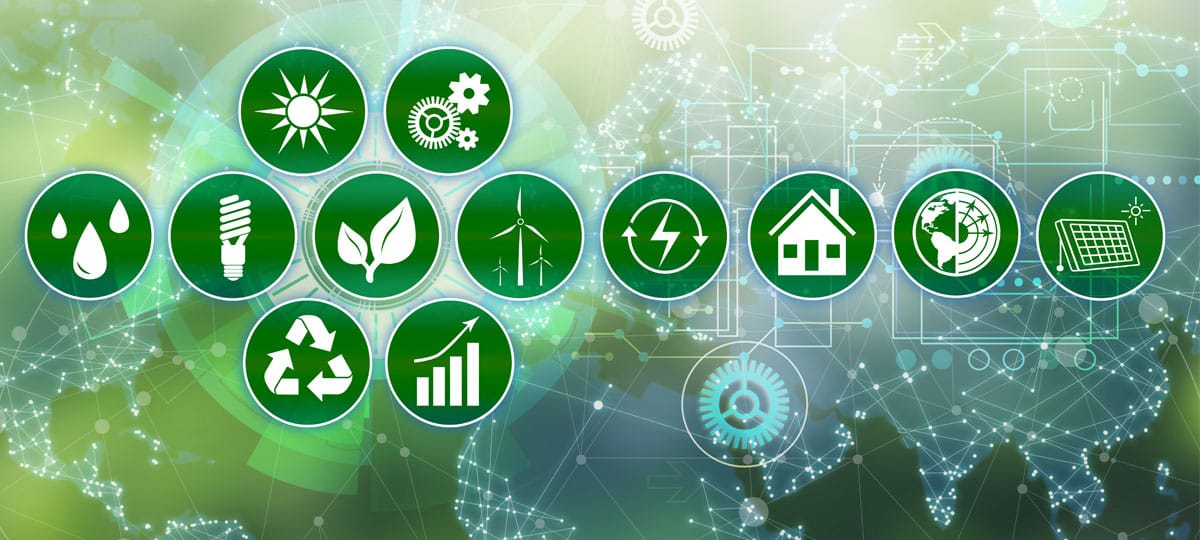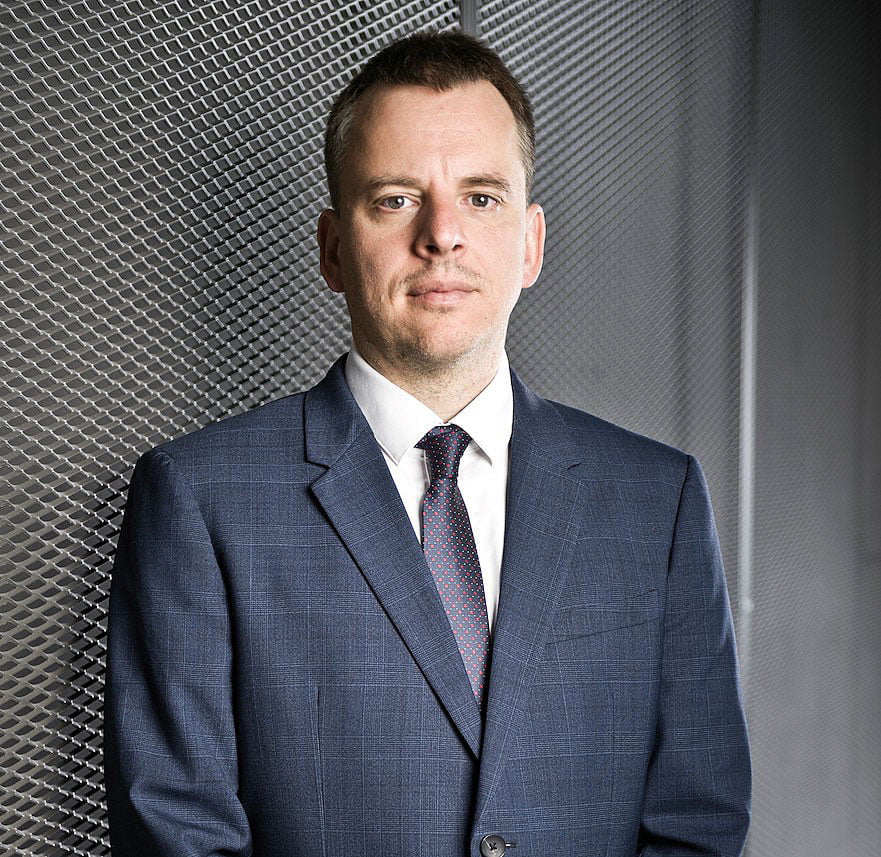The Future of the Data Center Industry


Energy efficiency law endangers data centers in Germany
An obligation to use waste heat is to be imposed on data centers. However, as long as there is a lack of customers and the necessary modern heating networks, the requirements can hardly be met. It is also imperative that the network nodes of the telecommunications networks be exempted from the requirements. Otherwise, larger network nodes could only be built in regions with heating networks. In addition, all German data centers are to be operated with 50 percent green electricity from 2024 and 100 percent from 2027. However, data centers depend on the German electricity mix, and this electricity mix is set by politicians.
The German cabinet in Berlin approves a government draft for an energy efficiency law. Among other things, this is to define requirements for data centers. Bitkom President Achim Berg explains: "The draft for the Energy Efficiency Act has a fundamental design flaw: it sets up hurdles that data centers simply cannot master. Some of the specifications are simply unrealistic and have only one effect: data centers migrate to neighboring countries, and this helps neither the German economy nor the global climate. In its current form, the Energy Efficiency Act would endanger Germany as a data center location and put the brakes on digitization. Above all, this also thwarts the German government's efforts for more digital sovereignty, the security of critical infrastructures and an end to unilateral dependencies."
Digitization, the growth of Big Data, the expansion of decentralized work models and the further adaptation of the Internet of Things are leading to increased demand for new data centers. According to Statista, the total value of this market will reach approximately $342 billion in 2023, an increase of more than 6 percent compared to 2022. Due to significant increases in energy prices, potential power outages, rising land prices, and construction and equipment costs, businesses will seek alternatives to traditional on-site models for maintaining IT infrastructure, which will increase interest in colocation. The latest report from market research firm Arizton shows that 2023 will be a record year in terms of the value of the colocation sector. It is estimated that its value will reach $8.2 billion, and the cumulative annual growth rate from 2023 to 2030 will be about 13 percent.

“Colocation can improve operating costs and ensure access to professional IT services.“
Wojciech Stramski,
CEO, Beyond
"The most important factor contributing to the growth of the colocation market is the need to improve control over operating costs while ensuring access to professional and secure IT services. Customers can only sometimes afford to build or expand their data center infrastructure on-site with the necessary computing power and protection from power outages. Colocation is a convenient way to optimize costs. Nowadays, it is also important to take into account elements of sustainability," says Wojciech Stramski, CEO at data center provider Beyond from Poland
Data centers are the control centers of digitization. The more energy-efficiently and sustainably they are operated, the better not only their own ecological footprint, but also the footprint of digital solutions and applications as a whole. Hardly any area of life or the economy can do without the services of data centers.
The digital transformation is leading to an increasing demand for additional computing power, hard disk storage and devices, and thus also for energy. As calculations by Schneider Electric show, data centers will consume about 54 percent more energy by 2025 than in 2022 due to global digitization. Data from the International Energy Agency's "Data Centers and Data Transmission Networks" study currently puts global CO2 emissions from data centers at about 0.9 to 1.3 percent. The data center industry is expected to decarbonize and move toward climate neutrality.
Reducing carbon footprint will be the focus in 2023. A report by research firm Imarc Group, titled "Green Data Center Market Size: Global Trends, Share, Size, Growth and Forecast 2022 to 2027," shows that the green data center market will grow at an average year-over-year rate of 23 percent to reach approximately $200 billion in 2027.
"Technological solutions that reduce energy consumption in the data center are more expensive to implement than standard solutions, but lead to savings in the long term. Companies need to remember that the electricity used to run and cool servers is one of the most important maintenance costs of the IT infrastructure. In practice, the lower the power consumption, the lower the bills can be for end customers," explains Adam Ważyński, Enterprise Sales Manager, Secure Power Division, Schneider Electric.




